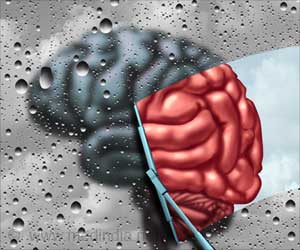Scientists seem to have zeroed in on a 'switchboard' in the brain which assists individuals learn and remember all at once.
Scientists seem to have zeroed in on a 'switchboard' in the brain which assists individuals learn and remember all at once.
According to them, brain is in a constant struggle between learning new experiences and remembering old experience. All social interactions require the rapid exchange of new and old information.The research team including Willem Huijbers, Cyriel Pennartz, and Sander Daselaar of the Netherlands' University of Amsterdam, and Roberto Cabeza of Duke University have found that a brain region can resolve the conflict by improving the rapid switch between learning and remembering.
During the study involving a group of adults in their 20s, the researchers used a novel memory task that forced learning and remembering to occur within a brief period of time.
The participants were asked to look at a set of regular words presented in the middle of a screen. They rapidly tried to remember whether the words had previously been studied or not. Simultaneously, a set of colourful pictures was presented in the background.
In another memory task, participants were asked to view colourful background pictures instead of the words.
The test showed that learning the pictures is much more difficult when simultaneously remembering a word. At the same time, learning the pictures becomes easier when a word is forgotten.
Advertisement
In other words, the process of remembering appears to suppress the brain regions involved in learning.
The activity in this region was specific to those participants that showed minimal suppression of learning activity.
The researchers suggest that this frontal region could function as a switchboard in the brain. As learning and remembering cannot happen at the same time, this region might help us to rapidly switch the state of our brain between "learn" and "remember" modes.
The new study appears in PLoS Biology.
Source-ANI
SAV












